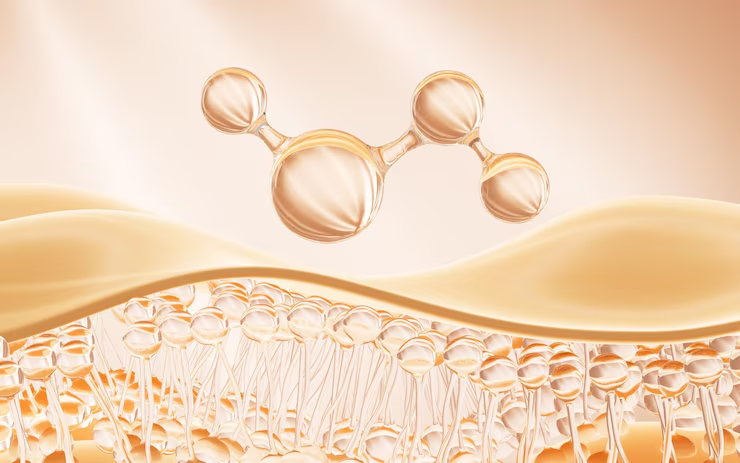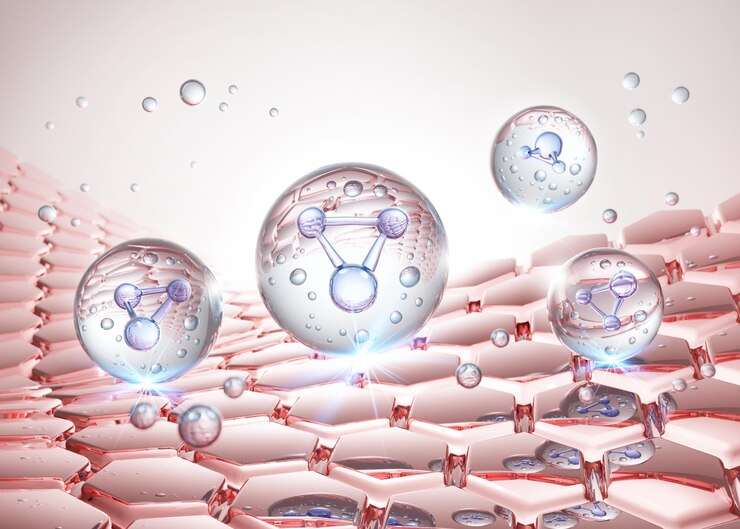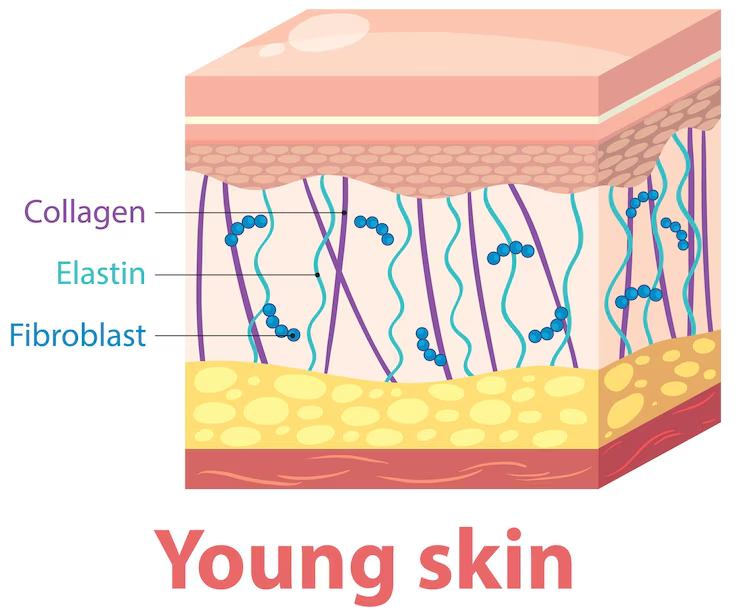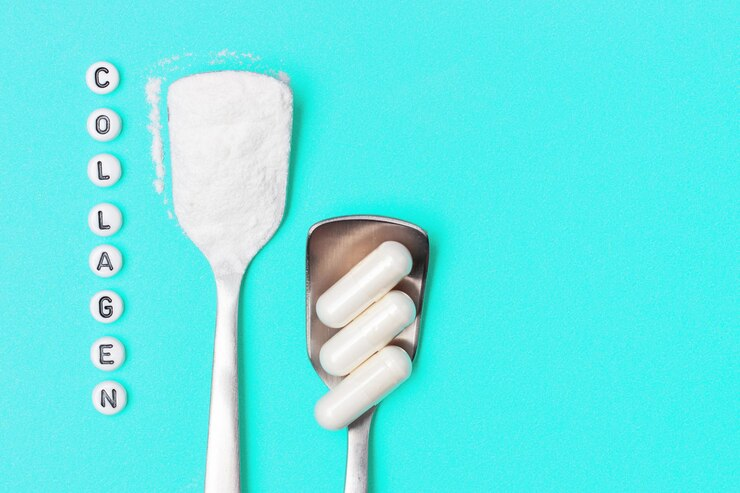-
July, 26,2025
Understanding the Role of Bloom Strength in Soft Gelatin Capsules
-
July, 25,2025
Bloom Strength and Its Impact on Hard Gelatin Capsules
-
July, 21,2025
How Gelatin Is Revolutionizing Pet Food: A Healthier Option for Dogs
-
June, 22,2025
Collagen as a Trusted Ingredient: Meeting Global Demand with Reliable Supply
Does Collagen Count as Protein? A Comprehensive Guide
Collagen has gained immense popularity in the health and wellness industry, but there is still confusion surrounding its classification as a protein. Many people ask, does collagen count as protein? In this article, we will explore the nature of collagen, its amino acid profile, how it compares to complete proteins, and its role in nutrition and health.
What is Collagen?
Collagen is the most abundant protein in the human body, accounting for nearly 30% of total protein content. It is a structural protein found in skin, bones, tendons, ligaments, and connective tissues. Collagen provides strength and elasticity to these structures, making it essential for overall health.

Types of Collagen
There are at least 28 types of collagen, but the most common types include:
-
·Type I – Found in skin, tendons, bones, and ligaments.
-
·Type II – Present in cartilage and joints.
-
·Type III – Found in blood vessels, skin, and internal organs.
-
·Type IV – Forms the basement membrane of epithelial tissues.
-
·Type V – Found in hair, placenta, and cell surfaces.
Does Collagen Count as Protein?
Understanding Protein Composition
Proteins are made up of amino acids, which are the building blocks of muscle, enzymes, and tissues. There are 20 amino acids, including nine essential amino acids that the body cannot synthesize and must be obtained from food.

Collagen vs. Complete Proteins
A complete protein contains all nine essential amino acids in adequate proportions. Common sources include meat, dairy, eggs, fish, and soy. Collagen, however, is not considered a complete protein because it lacks tryptophan, one of the essential amino acids.
Despite this, collagen is still a protein because it consists of amino acids like glycine, proline, and hydroxyproline, which are crucial for skin, joint, and bone health.
Nutritional Value of Collagen
Amino Acid Profile of Collagen
Collagen is rich in:
-
·Glycine – Supports detoxification and improves sleep.
-
·Proline – Enhances skin elasticity and wound healing.
-
·Hydroxyproline – Strengthens connective tissues.
-
·Arginine – Supports muscle growth and circulation.
However, because it lacks tryptophan, collagen alone does not fulfill all protein needs.
Comparing Collagen to Other Protein Sources
| Protein Source | Complete Protein? | Contains All 9 Essential AAs? | High in Glycine & Proline? | Best For |
| Collagen | No | Lacks tryptophan | Yes | Skin, joints |
| Whey Protein | Yes | Yes | No | Muscle growth |
| Soy Protein | Yes | Yes | No |
Plant-based diets |
| Egg Protein | Yes | Yes | No | Balanced diet |
| Beef | Yes | Yes | Moderate |
General protein intake |
Benefits of Collagen as a Protein Source
Supports Skin Health
Collagen supplements are widely used to improve skin elasticity, hydration, and reduce wrinkles. Studies suggest that consuming hydrolyzed collagen can enhance collagen production and combat aging signs.

Enhances Joint and Bone Health
Collagen supplementation can help reduce joint pain and improve bone density by supporting cartilage regeneration and reducing inflammation.
Aids in Gut Health
Collagen contains glutamine, which helps maintain the intestinal barrier and supports gut health, making it beneficial for individuals with leaky gut syndrome.
How to Incorporate Collagen into Your Diet
Food Sources of Collagen
-
·Bone broth – Rich in naturally occurring collagen.
-
·Chicken skin and cartilage – Good sources of type II collagen.
-
·Fish skin and scales – Contain marine collagen.
-
·Pork skin – High in type I collagen.
Collagen Supplements
Collagen supplements come in various forms, including collagen peptides (hydrolyzed collagen), gelatin, and liquid collagen. Hydrolyzed collagen is the most bioavailable form and is easily absorbed by the body.

Should You Rely on Collagen for Your Daily Protein Intake?
Balancing Collagen with Other Proteins
Since collagen is not a complete protein, it should be combined with other protein sources to meet daily amino acid requirements. Consuming collagen alongside complete proteins like eggs, dairy, or meat ensures a balanced intake of essential amino acids.
Ideal Daily Collagen Intake
-
·For skin health: 2.5-5 grams per day
-
·For joint and bone health: 10-15 grams per day
-
·For athletic recovery: 15-20 grams per day
Common Myths About Collagen and Protein
Myth 1: Collagen is the Best Protein for Muscle Growth
While collagen provides important amino acids for connective tissue, it is not as effective as whey or casein protein for muscle synthesis because it lacks essential amino acids like leucine.
Myth 2: Collagen Alone Can Replace Dietary Protein
Collagen should be an addition to a protein-rich diet, not a replacement for other protein sources.
Myth 3: All Collagen Supplements Are the Same
Not all collagen supplements are created equal. Look for hydrolyzed collagen peptides for better absorption and effectiveness.
Final Thoughts
Does Collagen Count as Protein? The answer is yes, but with limitations. Collagen is a protein, but it is incomplete due to its lack of essential amino acids like tryptophan. While it provides significant benefits for skin, joints, and gut health, it should be consumed alongside complete protein sources for overall nutritional balance.
By incorporating collagen into a well-rounded diet, you can enjoy its structural benefits while ensuring your body receives all essential amino acids for optimal health.
Phone: +86-577-88105990
Mobile: +86-138 5886 1938
Official Website: www.fnp-gelatin.com
Email: sales@funingpu.com
Address: No. 1-10 Wenpu Road, Yacheng Town, Xiapu County, Ningde City, Fujian Province




